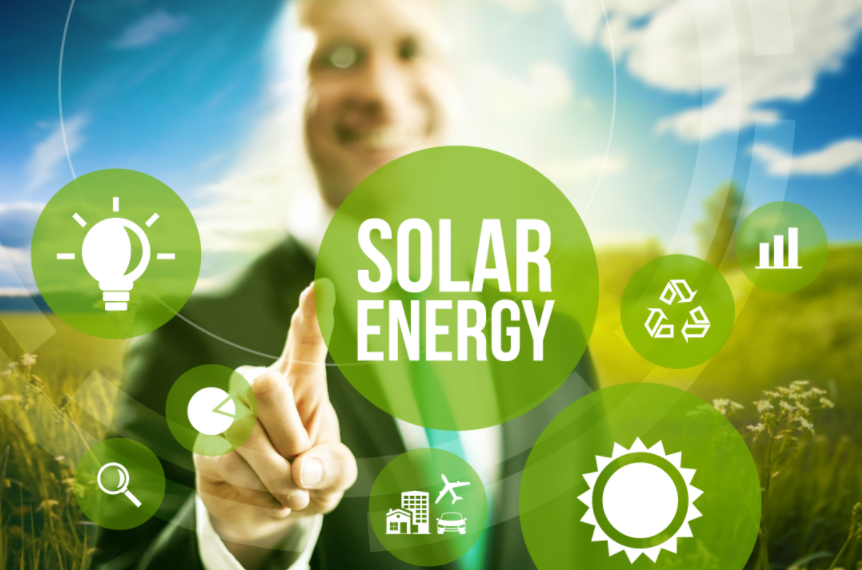About Solar
Solar energy is energy from the sun, and it’s the most abundant energy resource on Earth. Solar power can be captured and used in several ways, primarily to generate electrical or thermal energy for homes, businesses, utilities, and more.
Solar Energy Is Good For The Environment
When we use the sun as an alternative energy source, it can be great for the environment. Unlike fossil fuels, solar energy does not produce any carbon emissions. This is a key factor that makes it far more environmentally friendly than traditional energy sources.
It Can Reduce Your Energy Bills
Anyone can purchase and install solar panels to take advantage of this abundance of sunlight. with solar technology, you can turn your rooftop into a power plant. It can reduce or even eliminate your energy bills. This is the key reason why many homeowners have opted to install solar energy systems. Whether you are using the sun for power generation or for heating water, it can significantly reduce how much you pay to your utility company.
Solar Power Can Improve Energy Security
Energy security is important because it plays a key role in helping to support the economy of a country. Where a country has a good level of energy security, it is less vulnerable to external issues that may increase the price of energy commodities. War and conflict are often responsible for driving up the cost of external energy supplies which can damage a country’s economy.
By using more solar energy, a country can help to increase its energy security. Countries such as China and Europe have been very successful in the large-scale rollout of solar power. Many countries across Europe have also seen a large increase in the number of homeowners generating their own solar power.

Solar energy is a renewable energy powered by sun. But how do solar PV panels turn sunlight into electricity?
1 Solar panels captured sunlight, causing electrons in the panel’s silicon cells to release energy which becomes direct current (DC) electricity.
2. An inverter converts the DC into alternating current (AC) electricity, it can be used for household and utilities.
3. Extra produced electricity can be stored in a battery or transfer back to state grid. If you need Additional electricity, it can be pulled back from the grid too.
